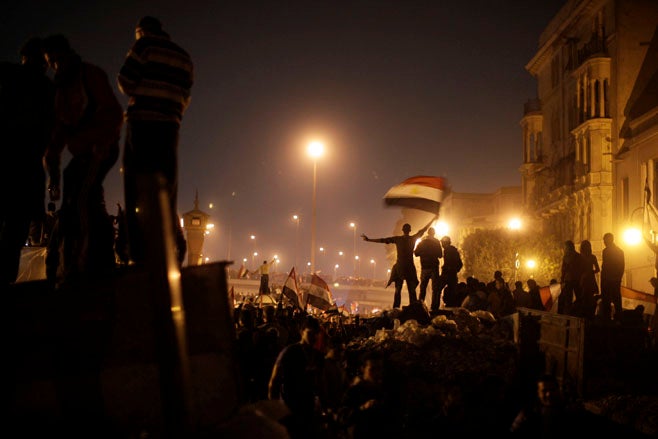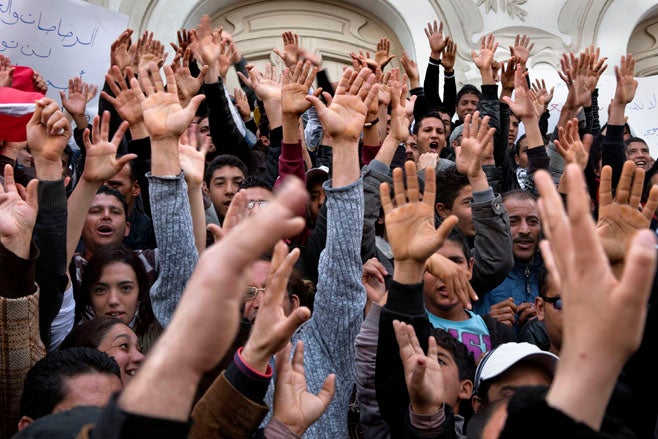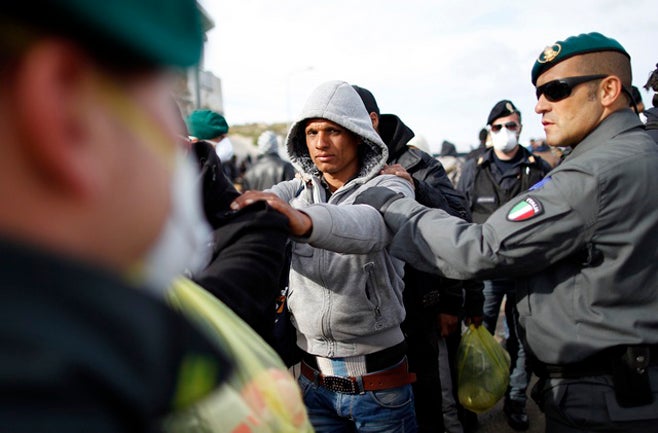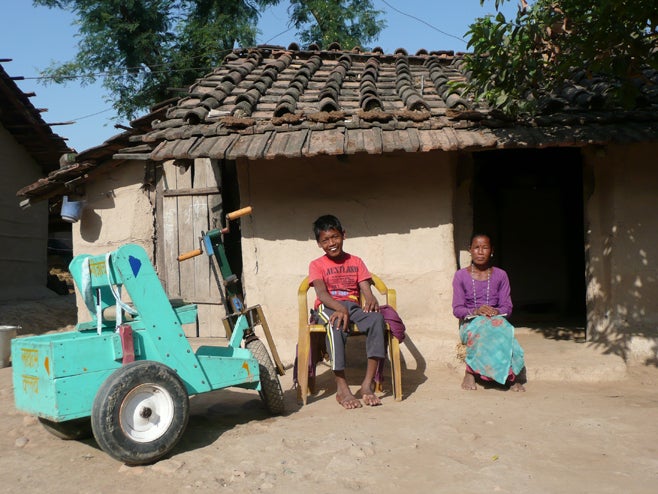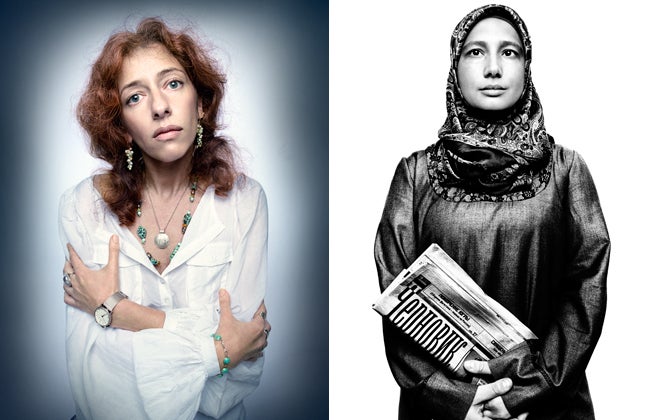Hundreds of stateless people in Kuwait, known as Bidun, took to the streets in early 2011 demanding citizenship and other rights. The government violently dispersed the protests, but later promised to restore to the Bidun social benefits, including government-issued documentation and free education and health care. However, Bidun claims to Kuwaiti citizenship remained unresolved.
Kuwaiti authorities continued to restrict free expression, increasing internet surveillance and arresting individuals for criticizing the government.
Migrant workers in Kuwait, who comprise 80 percent of the country’s workforce, continued to face exploitation and abuse under the sponsorship system. Although Minister of Labor Mohammad al-‘Afasi announced that the government would abolish the sponsorship system in February 2011, the government made no major sponsorship reforms during the year.
In May Kuwait won election to its first term on the United Nations Human Rights Council, stepping in after Syria withdrew its bid.
Bidun
At least 106,000 stateless persons, known as Bidun, live in Kuwait. After an initial registration period for citizenship ended in 1960, authorities shifted Bidun citizenship applications to a series of administrative committees that have avoided resolving their claims.
While maintaining that most Bidun are "illegal residents" who deliberately destroyed evidence of other nationality, the government has not provided individualized review of Bidun citizenship claims. Kuwaiti law bans courts from ruling on citizenship claims.
The Bidun cannot freely leave and return to Kuwait. The government issues them temporary passports at its discretion, mostly valid for only one journey. As “illegal residents,” the Bidun cannot legally hold most public and private sector jobs, and Bidun children may not enroll in free government schools. Unregistered Bidun, whose citizenship applications the authorities have either closed or refused to register, are even more vulnerable than others, with restrictions on their freedom of movement and constant fear of deportation.
In February and March 2011 hundreds of Bidun protested the government's failure to act on their citizenship applications. Security forces used water cannons, tear gas, smoke bombs, and concussion grenades (sound bombs) to break up the demonstrations; they beat some protestors, and detained dozens. Bidun detained during the protests reported beatings and physical abuse in detention.
In response to the protests, the government promised benefits, including free health care; free education at private schools that primarily serve Bidun children; birth, marriage, and death certificate; and improved access to jobs. Bidun have confirmed receiving many of these benefits, but continue to cite problems accessing employment and increased difficulty receiving passports.
Freedom of Expression and Assembly
While 2011 saw some gains for free expression, authorities increased internet surveillance, and continued to detain and criminally prosecute individuals based on nonviolent political speech, including web commentary.
In early February the emir ordered the Ministry of Information to withdraw all lawsuits it had filed against local media. However, the local Al Jazeera bureau, closed by government order in 2010 after covering security forces’ crackdown on a peaceful gathering, remained shuttered.
In June the government arrested and detained for four months Nasser Abul, a 26-year-old Kuwaiti man, for Tweets critical of the Bahraini and Saudi royal families. According to his lawyer, state security officers beat and insulted Abul in detention. Kuwait continued to crack down on public gatherings and demonstrations. In addition to violently dispersing Bidun protests in February and April, authorities repeatedly warned foreign nationals not to participate in public demonstrations and threatened to deport them. In August police officers turned non-Kuwaitis away from protests calling for the expulsion of Syria’s ambassador from the country.
Migrant Worker Rights
In June the government voted to adopt the International Labour Organization’s Convention on Decent Work for Domestic Workers, which establishes the first global labor standards on domestic work.
The government passed a new private sector labor law in February 2010 that set maximum working hours, required a weekly rest day and annual leave, and set end-of-service bonuses. However, the law excluded migrant domestic workers, who come chiefly from South and Southeast Asia and work and live inside employers' homes in Kuwait. Many domestic workers complain of confinement in the house; long work hours without rest; months or years of unpaid wages; and verbal, physical, and sexual abuse.
A major barrier to redressing labor abuses is the kafala (sponsorship) system, which ties a migrant worker's legal residence to a “sponsoring” employer. Migrant workers who have worked for their sponsor less than three years can only transfer with their sponsor's consent (migrant domestic workers always require consent). If a worker leaves their sponsoring employer, including when fleeing abuse, the employer must register the worker as "absconding." This can lead to detention and deportation. In September 2010 the government announced that it would abolish the sponsorship system in February 2011, but made no major sponsorship reforms during the year.
Few perpetrators of abuse are investigated and prosecuted. In November 2010 doctors in Sri Lanka removed 14 nails from the body of V.R. Lechchami, a domestic worker recently returned from Kuwait. The government failed to properly investigate Lechchami's allegations that her employers inserted these objects after she asked for six months of unpaid salary.
Women's Rights
Kuwait's nationality law denies Kuwaiti women married to non-Kuwaiti men the right to pass their nationality on to their children and spouses, a right enjoyed by Kuwaiti men married to foreign spouses. The law also discriminates against women in residency rights, allowing the spouses of Kuwaiti men but not of Kuwaiti women to be in Kuwait without employment and to qualify for citizenship after 10 years of marriage.In June 2011 Kuwaiti women were granted the right to sponsor their foreign husbands and children. However, this privilege is not extended to women who were previously naturalized, if they are widowed or divorced.
In 2005 Kuwaiti women won the right to vote and to run in elections, and in May 2009 voters elected four women to parliament. However, courts have denied women the right to become public prosecutors and judges.
Kuwait adjudicates family law and personal status matters for Sunni and Shia Muslims pursuant to interpretations of Islamic law, with no option to seek adjudication pursuant to a civil code. The law in particular discriminates against women in matters of divorce, inheritance, and child custody, granting men privileged status in these matters.
Kuwait has no laws prohibiting domestic violence, sexual harassment, or marital rape.
Sexual Orientation and Gender Identity
In 2007 Kuwait passed an amendment to article 198 of the penal code, which criminalized "imitating the appearance of the opposite sex," imposing arbitrary restrictions upon individuals' rights to privacy and free expression.
Police have since arrested scores of transgender women (persons designated male at birth but who identify and present themselves as female) under this law. Human Rights Watch has documented multiple arrests of 33 transgender women, many of whom have reported ill-treatment in detention, torture, sexual harassment, and assault. Victims say they rarely report police abuse due to fear of retaliation and police threats of rearrest.
Key International Actors
The United States, in its 2010 State Department Trafficking in Persons report, classified Kuwait as Tier 3—among the most problematic countries—for the fifth year in a row. The report cited Kuwait’s failure to enact comprehensive anti-trafficking legislation, provide a large-capacity shelter for trafficking victims, and pass a law on domestic work.
